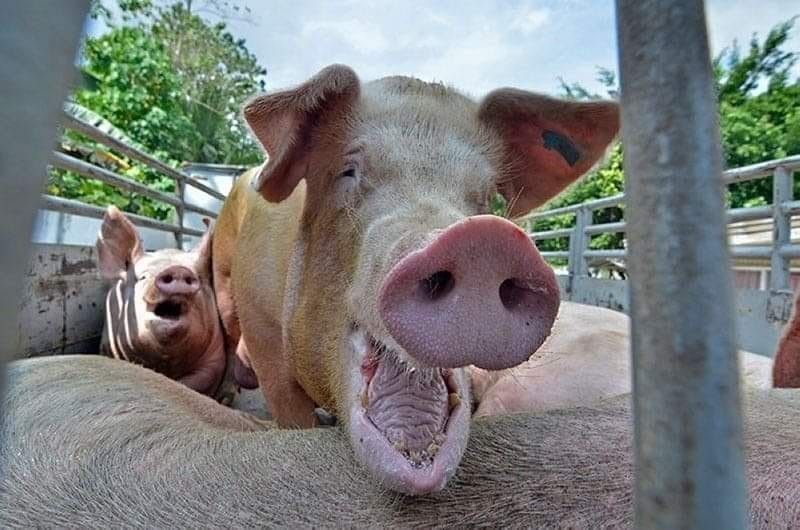Government has banned the slaughter and consumption of pork in Kitgum following the death of more than 500 pigs due to an African swine fever (ASF) outbreak.
The deaths have been reported in the villages of Bajere, Bajere East, Bajere South, Okwici East and Oget in Labongo Akwang sub-county. The incident has created panic and left many pig farmers in the affected areas counting heavy losses.
The district secretary for production and marketing Emmanuel Langabi Oryema says the ban is imposed to stop farmers from carrying infected pigs to areas without the infections so as to avoid further spread.
Alfred Kinyera, Kitgum district veterinary officer says the district has come up with a contingency plan to train pig farmers in the affected areas for an early preparation to manage the current infection.
Earlier, the officials had difficulty in collecting samples for testing from the dead pigs as the infested pigs had been sold off. According to Kinyera, the training which will kick off today Wednesday will entail management of pigs’ movement and their confinement in a sty to avoid further risk of infection spreading to other healthy pigs within Labongo Akwang and the neighbouring sub-counties.
Richard Otema, the area chairperson for Okwici East village told URN that many pigs are still dying from the disease that broke out in December last year. He says many pig farmers who solely earn their living from pig rearing are currently counting losses and faulted the late intervention of the district veterinary department.
“…in December last year there was an outbreak of pig disease in my area, I got reports from most farmers and personally I witnessed how it affects the pigs, the infected pigs present with symptoms of dizziness and saliva dripping from their mouth and within a short time, the pigs die. We haven’t got any help from the government or NGOs to eradicate this disease which is still within the community,” said Otema.
Denis Opoka, a pig farmer in Bajere South village says he lost a total of five pigs, a sow, and four piglets to the disease early last month. He also reiterated that the intervention of the district veterinary department has been too slow despite reports made to the sub-county veterinary officials which would have helped to curb the spread of the disease early.
According to Dr Kinyera, African swine fever kills pig herds within a short time after contracting the virus and is characterized by high fever, loss of appetite, diarrhoea, difficulty in breathing, haemorrhages in the skin and internal organs.
Kinyera urged farmers to take extra care of their pigs by following bio-security measures to prevent the disease from spreading and quickly reporting cases of pigs showing any symptoms, to their respective area veterinary officers.
African swine fever is a highly fatal viral hemorrhagic disease of domestic pigs that threatens livelihoods and food security. In Africa, ASF virus (ASFV) circulates in sylvatic (transmission between warthogs and soft argasid ticks) and domestic (transmission between domestic pigs) cycles, with outbreaks resulting from ASFV spill-over from sylvatic cycle.
A number of outbreaks have been severally reported in different parts of Tanzania since 2015, posing a serious threat to livestock in the country and region if the threat is not controlled
![]()
























